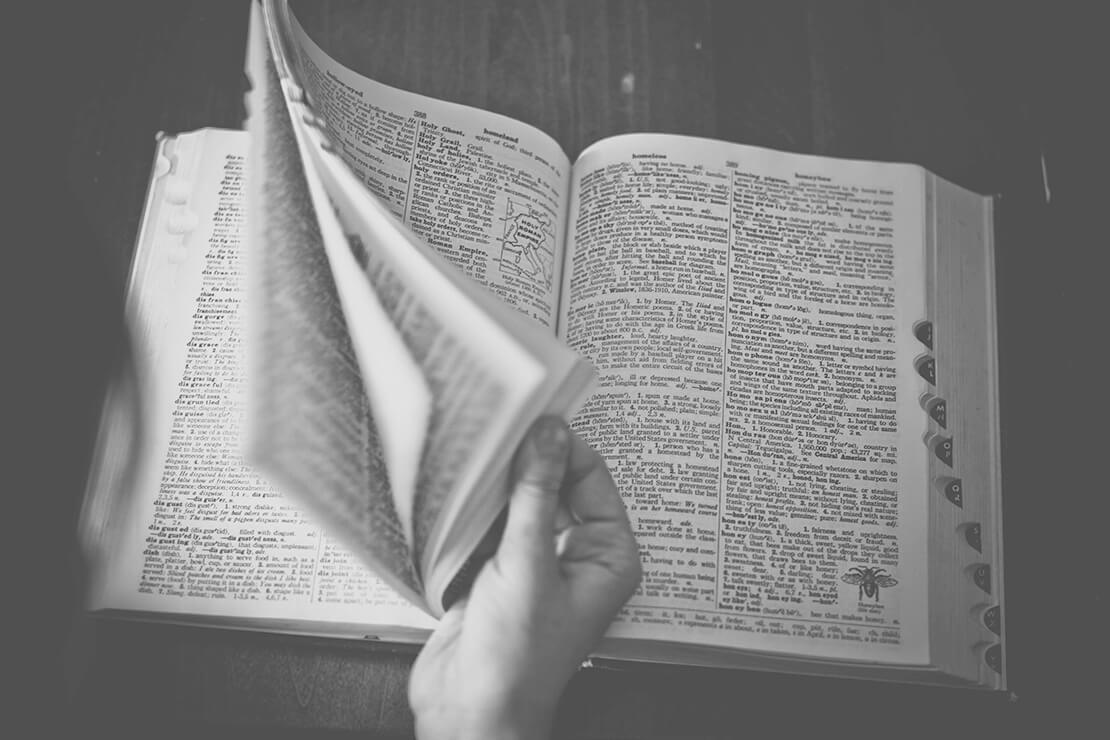When you first begin the application process for a home loan, it might seem like mortgage professionals are speaking a different language. You will hear abbreviations like PMI, LTV, and APR thrown around, and you might wonder if you are in over your head. Fortunately, all of this technical jargon is not as complicated as it might seem. Don’t be alarmed! Here are nine simplified definitions for common terms used in mortgage lending.
What is an appraisal?
Part of the mortgage application process is to determine the value of the property. This is where an appraisal comes in. A licensed appraiser, or a person whose job it is to conduct property appraisals and who is an independent third party, will determine the fair market value of the home in question. The appraiser will take into account factors like size, updates, age, and sale price of comparable houses in the area. If the appraisal comes up short you might be able to pay the difference yourself, or you can try to renegotiate a lower price with the seller.
What is an earnest money deposit?
An earnest money deposit is a check that a potential buyer gives to a seller after an offer has been accepted and a purchase agreement has been signed. If the transaction goes through, that earnest money will be applied toward closing costs and down payment. However, if a buyer breaks off the deal without a valid, permissible reason, they might lose their earnest deposit, which could be a substantial figure.
What is escrow?
You’ll probably hear the term escrow by the time you make an offer on a property. When you make an earnest money deposit, the check is placed in escrow. That means that the check isn’t going directly to the seller, but is instead held in an escrow account. An important aspect of escrow is that it is an independent third party, set up to protect both seller and buyer.
What is a lender escrow account?
A lender escrow account combines your mortgage payment, homeowner’s insurance, and property taxes into one payment. The expected sum of your yearly insurance premium and property taxes is divided by 12 and then added to your monthly mortgage payment, which allows you to avoid paying out large amounts all at once for your insurance and taxes. You pay one lump sum to the lender each month, which the lender deposits the partial payment in an escrow account. The money accumulates in the escrow account until it is time to pay your insurance and taxes.
What is a credit score?
Your credit score is a rating you receive based on several credit-related factors, including your payment history, debt-to-income ratio, and the variety of loans you have. Scores can be anywhere from 300 to 850, and your credit score is one of the primary factors that lenders look at when considering whether or not you qualify for a loan.
What is an inspection?
An inspection is essentially a check-up for a house that is conducted by a licensed inspector hired by you, the home buyer. The inspector will walk through the house with you and point out potential or current problems. If any issues come to light during the inspection, you can try to negotiate a lower price with the seller to compensate for repairs, or the seller can complete the repairs before the sale is finalized.
What is LTV?
LTV stands for loan-to-value, and it is a ratio that is determined by dividing the amount you want to borrow by the appraised value of the home you want to buy. Lenders have a cap on the maximum LTV a potential borrower can have. As a home buyer, a simple way to think of LTV is that it is the amount left after making your down payment.
What are discount points?
Discount points are a way to potentially lower the interest rate on your loan by prepaying some of the interest upfront. One discount point will cost you 1% of the loan amount, but you can buy partial points as well. You can use a mortgage calculator to see the effect that discount points might have on your mortgage, and then determine whether or not it is worth the upfront cost.
What is PMI?
PMI stands for private mortgage insurance. Lenders require PMI if your down payment is less than 20% of the loan amount. Additionally, PMI allows you to avoid putting down a large down payment — but it does mean that an additional fee will be tacked on to your mortgage payment each month.







